Are you a sole proprietor, freelancer, or independent contractor? If so, you should be making quarterly tax payments. If you’ve never done this before, don’t fret. We’ve compiled several FAQs that you can use to get yourself started.
Why the IRS wants you to pay throughout the year
Can you wait until the traditional tax season to pay what you owe? Of course you can, however, if you didn’t pay enough throughout the year (i.e., you didn’t make quarterly tax payment), the IRS will charge a penalty. (It’s also worth noting that if your payments are late, even if you’re due a refund when you file your next tax return, you may also be charged a penalty.)
According to their website: Taxes must be paid as you earn or receive income during the year, either through withholding or estimated tax payments. If the amount of income tax withheld from your salary or pension is not enough, or if you receive income such as interest, dividends, alimony, self-employment income, capital gains, prizes and awards, you may have to make estimated tax payments.
Who needs to pay estimated taxes?
The IRS notes that sole proprietors, S corporation stakeholders, individuals, and partners typically have to make estimated payments if they believe they’ll owe $1,000 or more when they file their next tax return. (If corporations think they’ll owe more than $500 during the following tax season, the corporation should also plan to make estimated payments.)
Who can skip paying estimated taxes?
If you receive a salary (or hourly wage) from your employer and taxes are taken out of your paycheck, you don’t need to make estimated tax payments. However, if you receive a paycheck from your employer and you have additional 1099 income, you’ll want to make estimated tax payments on your freelance / self-employment income.
Payment dates
Estimate tax payment dates are as follows:
Jan 1-March 31: Pay on April 15
Apr 1- May 31: Pay on June 15
June 1- Aug 31: Pay on September 15
Sept 1-Dec 15: Pay on January 15
Calculating your estimated tax payments can be tricky, but we can help
If you’ve never made estimated tax payments before you probably have lots of questions about how to prepare for them, the documentation you’ll want to hold onto, and how much you’ll need to pay. The good news is that you don’t need to go this alone. For more information on how estimated tax payments work, call Hugues, Snell & Co., PA today to schedule a free, no-cost consultation with licensed CPA.



